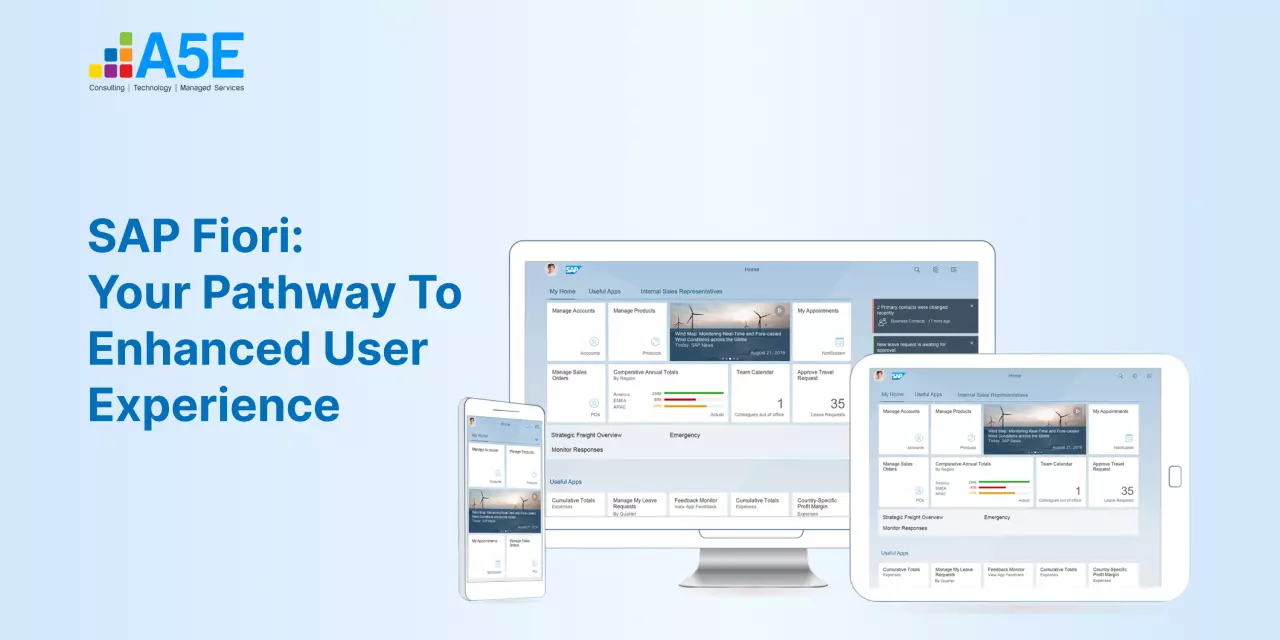
How Automation is Transforming Fintech
According to the World Bank, “two-thirds of adults worldwide now make or receive a digital payment.” Indeed, the banking and financial service industry is undergoing a major transformation owing to factors such as changing preferences, technological penetration, cost optimization, and more.
Moreover, the initiatives towards nurturing cashless economies are enabling the fintech industry to adopt innovative mobile-first strategies and technologies such as IoT, AI, blockchain, and cloud computing. All of these have contributed to the growth of the fintech industry.
At the heart of the technological interventions is the enablement of automation for transforming the fintech landscape. Let’s discuss this in more detail.
Automation in Fintech – A Primer
Modern fintech is all about how you pay your bills online, receive your salary in a bank account, trade online in the financial market, and much more. It refers to a multitude of software programs, mobile applications, and related technologies to improve existing forms of finance for businesses and end-users through the power of technology-led automation.
Automation is being positioned as a real game-changer in the fintech industry as it helps businesses improve operational efficiency, enhance user experience, and meet compliance needs. It has revolutionized most aspects of the financial services industry by leveraging technologies like virtual assistants, chatbots, and other AI-powered solutions.
Automation has become the main driver behind the improved user experience, ease of money transfer, payments, budgeting and investments, insurance, borrowing, and many other financial services within the industry. Rather than depending on manual processes, automation simplifies financial transactions, which leads to more accessible, inclusive, and affordable services.
Why Making a Move to Fintech Automation Is Imperative?
For decades, the banking and financial service industry relied on manual and legacy processes for bookkeeping, accounting, and conventional tools to manage business processes at the peril of major business risks. Digital transformation initiatives have come to the rescue as most financial firms continue to be plagued by inefficiency.
To that end, here are the key business challenges that require an automation focus:
- Antiquated ways: The usage of SQL query and Excel tools to aggregate, transform, or reconcile data and manage business processes leads to a very time-consuming and error-prone process.
- Low productivity and operational errors: When manual processes and workarounds are used, most tasks entail high involvement from various team members. It leads to drained productivity and operational errors, further leading to severe monetary and reputational losses for the organization.
- Lack of audit and control: Most data is created and managed without a documented version control that lacks auditability and control. It can also lead to major fines for noncompliance.
Top Trends That Will Drive Fintech Industry
Today, automation is contributing to the areas of quality, compliance and regulations, and customer experience. Along those lines, let’s look at some of the top trends driving the industry.
- Robotic Process Automation (RPA): It automates routine activities and tasks driven by rules. RPA tools significantly cut the time and cost of repetitive tasks and reduce human errors.
- Artificial Intelligence (AI): AI mimics human intelligence and helps process information. The advanced algorithms analyze historical patterns, identify potential issues, detect fraud, and forecast the market. For example, AI can be used to predict the delinquency of borrowers and analyze, automate, and execute trading strategies.
- Machine Learning (ML): It is a subset of AI and leverages algorithms to predict outcomes. For the fintech industry, it can be primarily used for customer relationship management to define target personal and qualify leads. It also helps financial service businesses to offer personalized recommendations and answer queries based on previous transactions.
- Natural Language Processing: It helps recognize speech and answer questions, generate media text, and detect sentiments. These functions can be used in fintech to reduce the paper trails in accounting, analyze the financial text and convert it into useful insights, and judge the creditworthiness of prospects.
- Hyper Automation – It combines natural language processing and machine learning techniques to simplify the complex time series data required for predictions in the stock market. It also helps insurance and mortgage companies deal with the processing of information and claim settlements automatically.
- Blockchain – Data reliability is one of the primary concerns in the fintech industry. Blockchain technology helps financial businesses access data in real time and authenticate the records.
Start Leveraging Automation Today
By now, it’s clear that automation is obligatory to transform the fintech industry and drive growth in the digital world. The above-listed trends and technologies will continue to see positive growth as they can make the fintech business well accustomed and abreast of digital transformation.
Connect with us today to get started with your automation journey.





